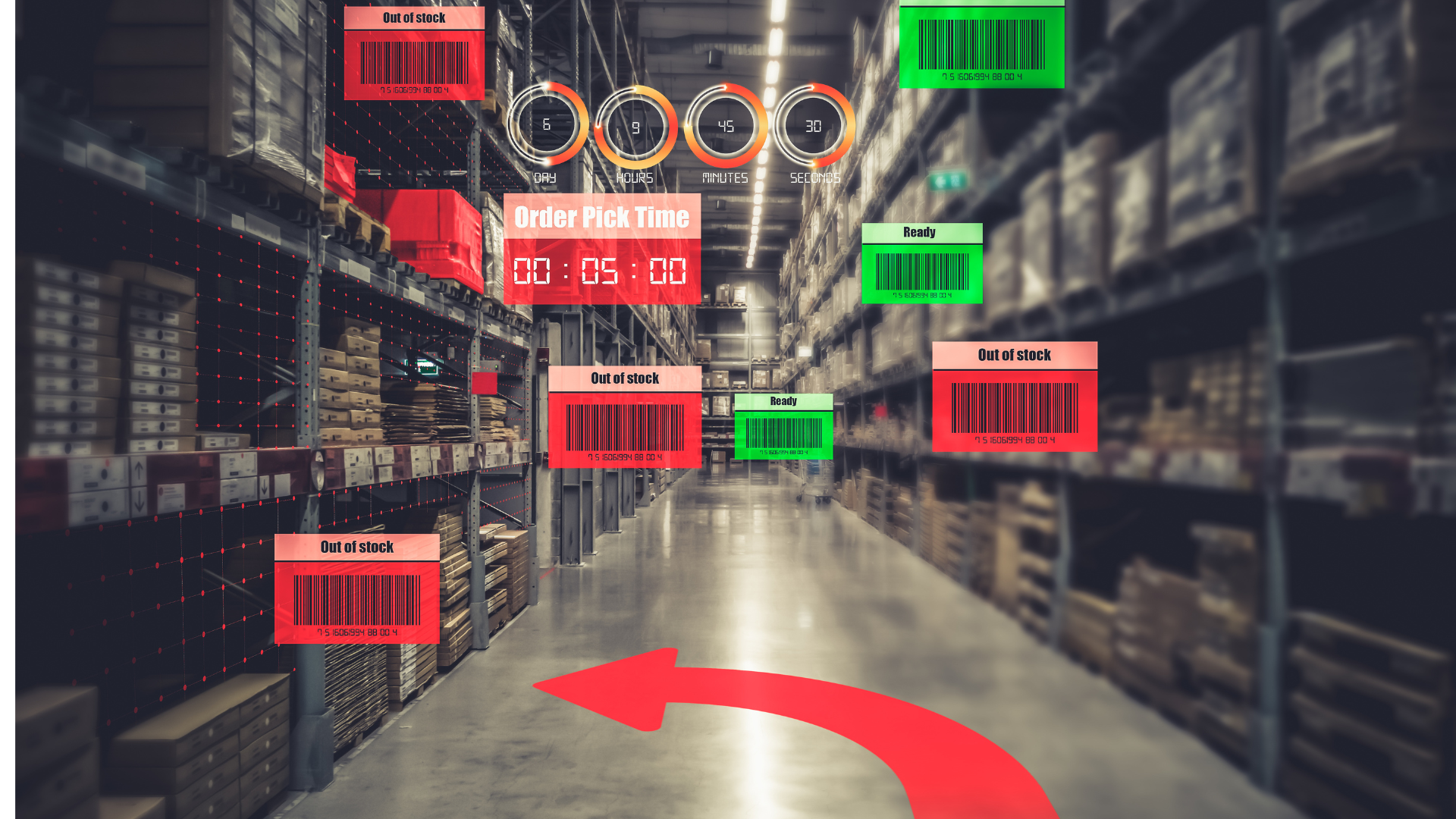What is MES Integration?
What is MES Integration?
MES System Integration refers to the process of connecting and synchronizing Manufacturing Execution Systems (MES) with other systems within a manufacturing environment. MES integration plays a critical role in enhancing operational efficiency, optimizing production processes, and enabling manufacturers to respond quickly to changing market demands. By leveraging leading MES software providers and integrating MES with other enterprise systems, manufacturers can achieve greater agility, visibility, and control across the entire manufacturing value chain.

What Does MES Stand For?
MES stands for Manufacturing Execution System, which is a pivotal component in modern manufacturing operations. It serves as the digital backbone, orchestrating and optimizing production processes on the shop floor. MES software enables manufacturers to monitor, control, and manage various aspects of production in real-time, from raw material intake to finished product delivery.
What are MES Interfaces?
MES interfaces are the conduits through which Manufacturing Execution Systems (MES) interact with other systems, enabling seamless data exchange and communication within the manufacturing environment. These interfaces play a crucial role in integrating MES software with various hardware devices, software applications, and enterprise systems, facilitating efficient production management and decision-making processes. By leveraging MES interfaces, manufacturers can achieve greater visibility, control, and efficiency across their production operations. Leading MES software vendors provide robust interface capabilities, allowing manufacturers to tailor MES solutions to their specific needs and requirements. MES software examples that offer robust enterprise system interfaces include Siemens MES (Camstar), ABB Ability™ Manufacturing Operations Management, and Dassault Systèmes DELMIA.
Is SAP a MES System?

SAP, a leading provider of enterprise software solutions, offers a suite of manufacturing-related products, including SAP Manufacturing Execution System (MES). However, it's important to understand the distinction between MES and ERP systems to determine whether SAP qualifies as an MES system.
MES (Manufacturing Execution System) and ERP (Enterprise Resource Planning) systems serve distinct yet complementary roles within a manufacturing organization:
- SAP MES
SAP offers SAP Manufacturing Execution System (SAP MES) as part of its portfolio of manufacturing solutions. SAP MES provides functionalities for real-time production monitoring, execution, and analysis. It integrates with SAP ERP and other enterprise systems to provide end-to-end visibility and control over manufacturing operations. SAP MES enables manufacturers to optimize production processes, improve quality, reduce costs, and enhance regulatory compliance. However, it's important to note that while SAP MES offers robust manufacturing capabilities, SAP's primary focus remains on ERP and broader business management solutions.
- MES vs ERP
MES: MES systems focus on managing and optimizing manufacturing operations on the shop floor. They provide real-time visibility into production processes, track work in progress, monitor equipment performance, enforce quality standards, and facilitate production scheduling and execution. MES systems are designed to improve manufacturing efficiency, quality, and responsiveness to customer demands.
ERP: ERP systems, on the other hand, are comprehensive business management platforms that integrate various functions such as finance, human resources, procurement, sales, and inventory management. ERP systems provide a centralized database and a suite of applications to streamline business processes, support decision-making, and ensure data consistency across the organization. While ERP systems may include some manufacturing-related modules, they typically focus on broader business functions rather than detailed shop floor operations.
SAP offers SAP Manufacturing Execution System (SAP MES) as part of its suite of manufacturing solutions. While SAP MES provides advanced manufacturing functionalities, including production monitoring and execution, SAP's primary focus remains on ERP and broader business management applications. Therefore, while SAP MES can serve as an MES system for certain manufacturing needs, it is not solely dedicated to MES functions and may be considered as part of SAP's broader ERP ecosystem.



